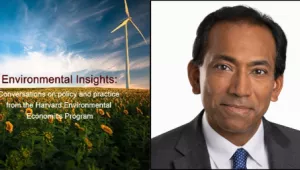Abstract
The landscape of global governance is changing. Growth in the number of intergovernmental organizations (IGOs) has slowed markedly, while other organizational forms — from transgovernmental networks to private transnational organizations (PTOs) — have emerged and are expanding rapidly. Organizational ecology theory explains such changes in organizational diversity, growth rates and composition with reference to the suitability of organizational forms for current conditions, inherent growth rates and changes in conditions of resource competition over time. We supplement these variables with a micro-level focus on organizational strategies. IGOs and PTOs behave differently because they vary in authority and strategic flexibility. IGOs, backed by the authority of states, seek to dominate and protect their "turf;" they expand their activities to fill the available regulatory space, constraining further growth. But PTOs are more nimble, and so can adopt strategies to avoid costly competition, such as finding sparsely occupied policy niches, facilitating rapid growth. Evidence from the domain of climate change supports the plausibility of our theory.
Kenneth W. Abbott, Arizona State University
Jessica F. Green, Case Western Reserve University
Robert O. Keohane, Princeton University
Abbott, Kenneth, Jessica F. Green and Robert O. Keohane. “Organizational Ecology and Organizational Strategies in World Politics.” Harvard Project on Climate Agreements, Belfer Center, August 2013



